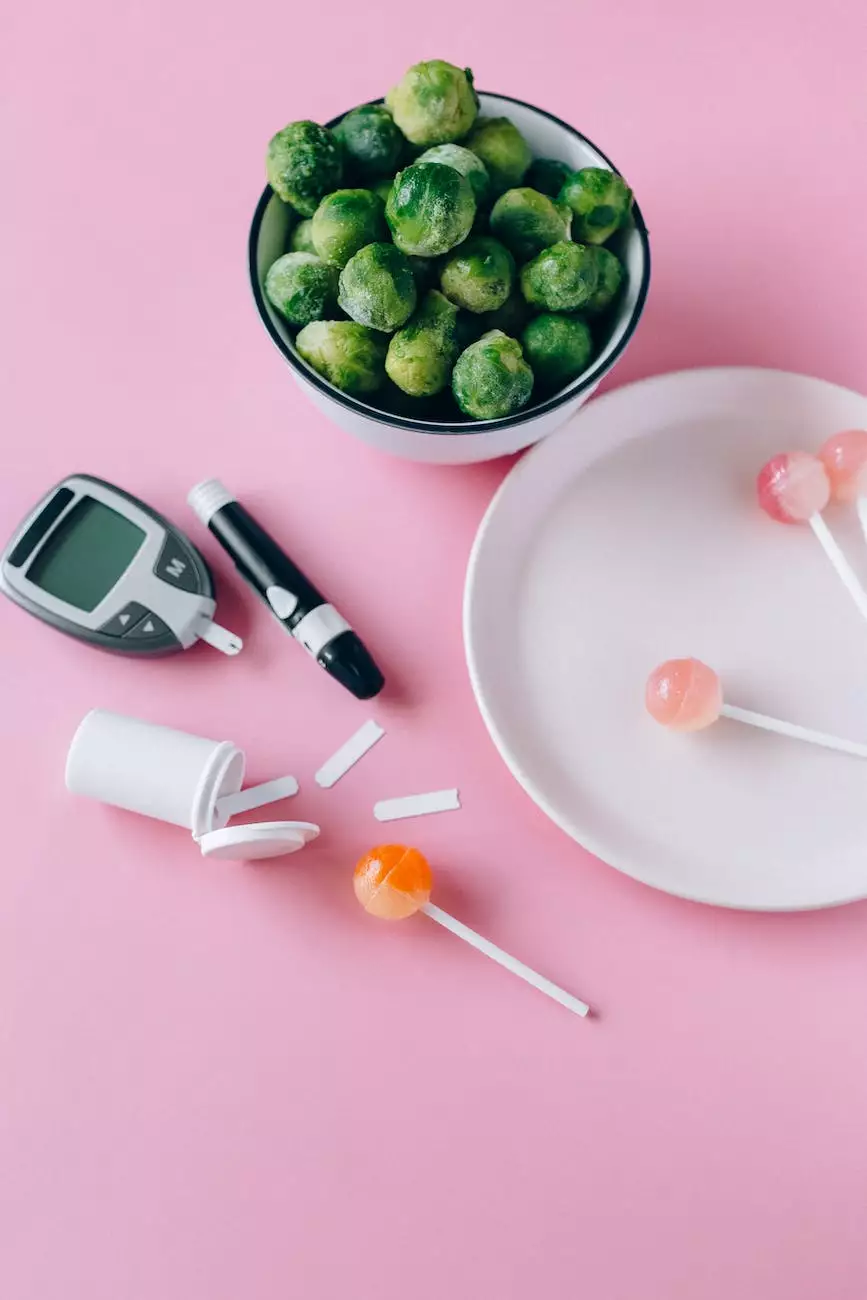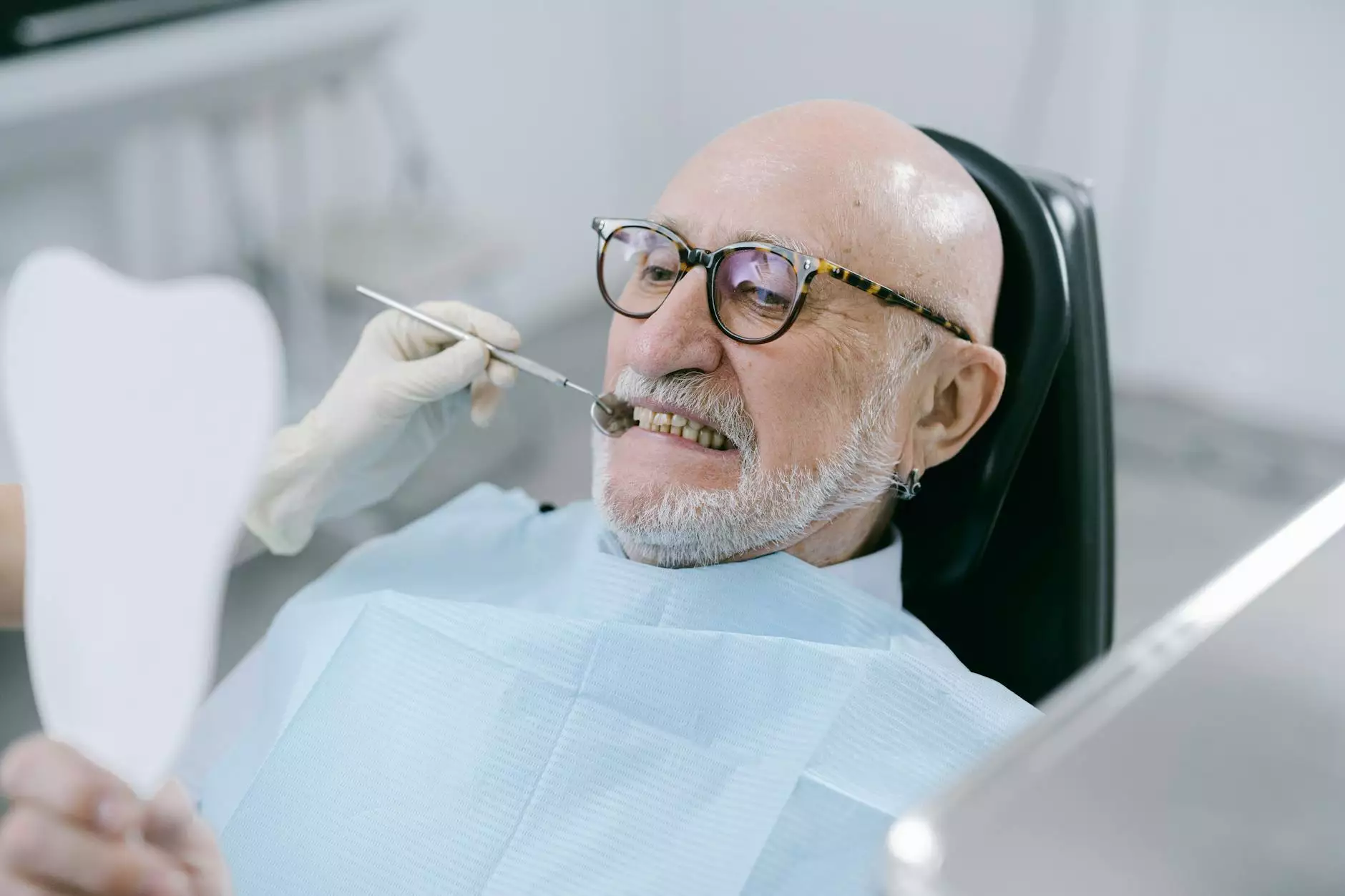How to Lower Your Risk of Stroke
Services
Introduction
Welcome to our comprehensive guide on how to lower your risk of stroke. With the expertise of Benjamin Shettell, MD, a trusted healthcare provider in the field of Health, we aim to provide you with valuable insights and tips to help you lead a healthier life.
Understanding Stroke
Stroke is a serious medical condition that occurs when the blood supply to the brain is interrupted or reduced. It can have devastating consequences, often resulting in permanent disability or even death. By understanding the causes of stroke and adopting preventive measures, you can significantly reduce your risk.
Leading a Healthy Lifestyle
One of the most effective ways to lower your risk of stroke is to lead a healthy lifestyle. This includes following a balanced diet, engaging in regular physical activity, maintaining a healthy weight, and avoiding habits such as smoking and excessive alcohol consumption. By making these lifestyle changes, you can improve your overall cardiovascular health and reduce the likelihood of stroke.
Diet and Nutrition
Eating a diet rich in fruits, vegetables, whole grains, and lean proteins can help prevent stroke. Incorporate foods that are low in saturated fats, trans fats, cholesterol, and sodium into your daily meals. Include plenty of omega-3 fatty acids found in fish, flaxseeds, and walnuts, as they have been shown to have protective effects against stroke. Aim to limit your intake of processed foods, sugary beverages, and foods high in salt.
Physical Activity
Regular physical activity is essential for maintaining a healthy cardiovascular system. Aim for at least 150 minutes of moderate-intensity aerobic exercise or 75 minutes of vigorous-intensity exercise per week. Engage in activities that raise your heart rate, such as brisk walking, jogging, swimming, or cycling. Consult with your healthcare provider before starting any new exercise program, especially if you have underlying health conditions.
Maintaining a Healthy Weight
Being overweight or obese increases your risk of stroke. Adopting a healthy eating plan and engaging in regular physical activity can help you achieve and maintain a healthy weight. Monitor your body mass index (BMI) and aim to keep it within the normal range by making sustainable lifestyle changes rather than resorting to fad diets or extreme measures.
Smoking and Alcohol
Smoking is a major risk factor for stroke. Quitting smoking is one of the best things you can do for your overall health and significantly reduces your risk of stroke. Similarly, excessive alcohol consumption can contribute to high blood pressure and increase the likelihood of stroke. If you drink alcohol, do so in moderation, following the recommended guidelines provided by healthcare professionals.
Medical Management and Regular Check-ups
In addition to lifestyle modifications, it's essential to prioritize regular medical check-ups and work closely with your healthcare provider to manage any underlying health conditions that may increase your risk of stroke. Conditions such as high blood pressure, diabetes, high cholesterol, and atrial fibrillation should be appropriately monitored and treated to minimize the risk of stroke.
Recognizing the Warning Signs
Knowing the warning signs of a stroke is crucial as early treatment can greatly improve outcomes. Common symptoms of stroke include sudden weakness or numbness on one side of the body, slurred speech, confusion, severe headache, and difficulty walking or maintaining balance. If you or someone you know experiences these symptoms, seek immediate medical attention by calling emergency services.
Conclusion
Lowering your risk of stroke requires a holistic approach that encompasses lifestyle modifications, regular medical check-ups, and awareness of the warning signs. By following the guidelines outlined in this comprehensive guide and collaborating with Benjamin Shettell, MD, you can take proactive steps towards protecting your health and reducing the likelihood of stroke. Remember, prevention is key, and investing in your well-being today can have a profound impact on your future.










